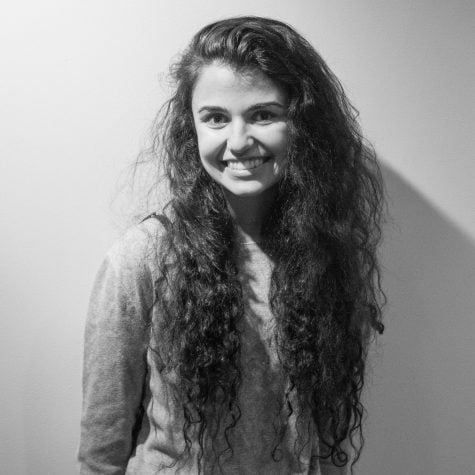“The Corella and Bertram F. Bonner Foundation seeks to improve the lives of individuals and communities by helping meet the basic needs of nutrition and educational opportunity,” according to the Bonner scholars’ website.
Most people at Guilford know that the Bonner program gives scholarships to students and encourages community service, but that is not all they do.
For one thing, the Bonner program changes lives.
“I was a Bonner scholar, and I loved being a student at Guilford College,” said AmeriCorps Vista member Bevelyn Ukah ‘10. “Part of my experience as a student was getting off campus, engaging in the community and connecting my coursework with what I was doing.”
For many students, it allows them to give back.
“Being someone with a mental health condition … to help out and make others who have a mental illness feel that they can go through life and be successful (is amazing),” said senior Shelby Smith, Bonner scholar and project coordinator for Guilford College Mental Health Outreach.
Many Bonner students even had support from Bonner sites growing up. For sophomore Bonner Scholar and Roads to College Coordinator José Oliva, Guilford College would not have been a possibility without Soy Un Lider, a conference for local Latino high school students to provide information on getting into college.
“Soy Un Lider was a huge support for me, not knowing how to apply to college,” said Oliva. “Now, having the opportunity to give back definitely feels good.”
Soy Un Lider is just one of many events coordinated by the Bonner center. Others include the Volunteer Fair, the Soup Bowl and the Day of Service.
“The Day of Service is a resurrection of the Guilford work day, which is something they used to do,” said Bonner Scholars Coordinator Kristina Snader. “It is a day where all the students come together, build community and get things done.”
While a lot of students believe these events are just for Bonner Scholars, events are usually open to the whole campus, which includes the Day of Service.
“You can do it as an individual and be placed in a group or do it with a club or your roommates,” said Snader. “People can sign up as a group. You can’t pick your site, but you can pick a core value and decide what you want to work with.”
Another way students get involved is through classes like Assistant Professor of Psychology Rachel Riskind’s Developmental Psychology course.
“I got involved with the Bonner Center because they were incredibly helpful with connecting me to people at different agencies where they already developed these established relationships,” said Riskind.
Not only does the Bonner Center give great opportunities in school, but students like Ukah continue to with the program after they graduate.
“I was in grad school two years ago, and I needed to do an internship,” said Ukah. “I didn’t want to go just anywhere and I didn’t want to just go to some nonprofit. I trusted not only people’s intentions but their actual work.”
One thing Bonners tend to have in common: they have a real passion for their work.
“I love to do community service,” said first-year and Bonner Scholar Achut Thapa. “I grew up like that, coming here as a refugee. People were helping me do my homework, tutoring me. I realized that because they’re doing these things for me I should give back to my community too.”







